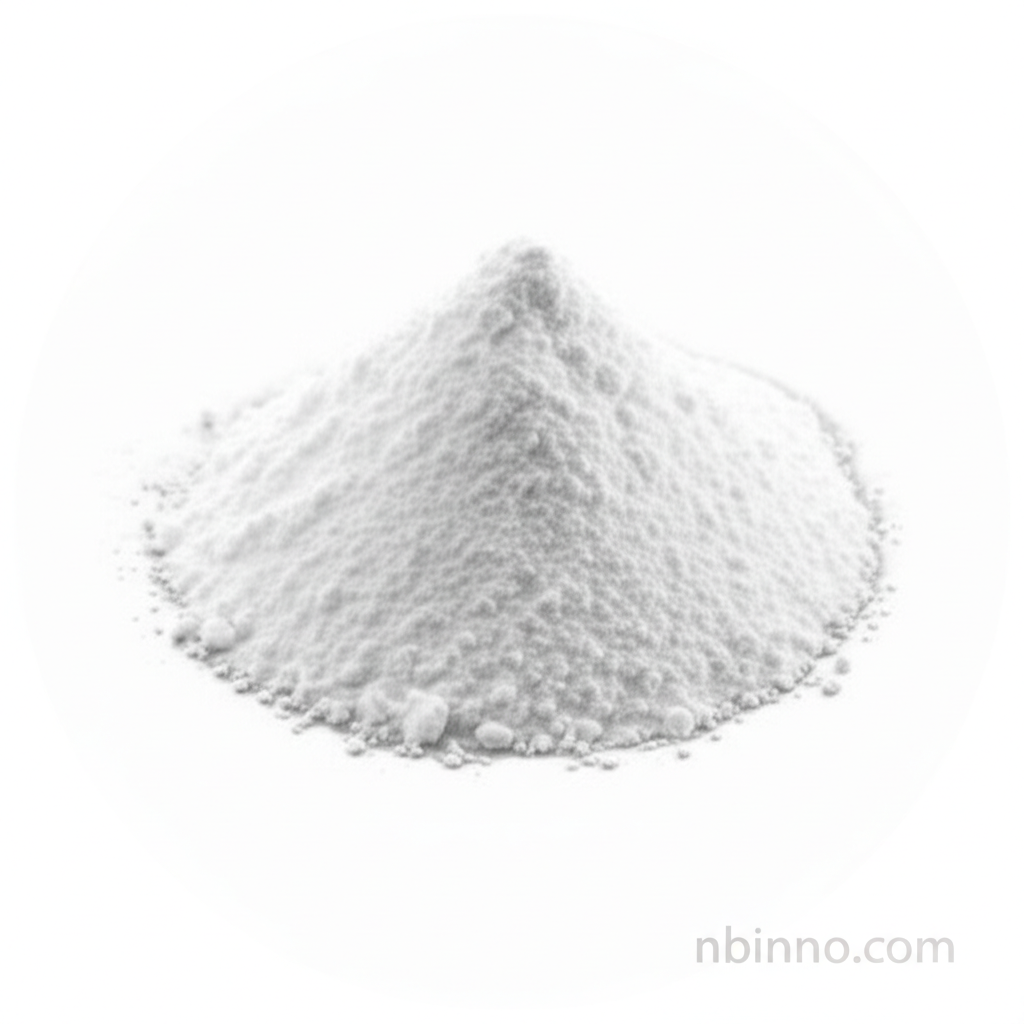Hydroxyurea: A Comprehensive Overview
Exploring the properties, applications, and safety of this vital pharmaceutical compound.
Get a Quote & SampleProduct Core Value

Hydroxyurea
Hydroxyurea is a crucial antimetabolite medication used to treat various serious conditions, including myeloproliferative diseases and certain types of cancer. Its ability to inhibit DNA synthesis makes it effective in managing these conditions and improving patient outcomes.
- Understanding the hydroxyurea mechanism of action is key to its therapeutic success in combating rapidly proliferating cells.
- The extensive research on hydroxyurea side effects guides medical professionals in patient monitoring and management.
- The established hydroxyurea uses for sickle cell disease highlight its importance in managing chronic hematological disorders.
- Awareness of potential hydroxyurea drug interactions is vital for ensuring patient safety and treatment efficacy.
Key Advantages
Effective Cancer Treatment
Hydroxyurea serves as an effective agent for hydroxyurea cancer treatment, particularly in managing myeloid leukemia and head and neck cancers, by interfering with cell replication.
Sickle Cell Disease Management
The application of hydroxyurea for sickle cell disease is significant, as it helps reduce painful crises and improve overall health for patients.
High Purity and Quality
As a pharmaceutical grade compound, hydroxyurea ensures reliable performance and meets stringent quality standards essential for medical applications.
Key Applications
Oncology
Utilized in hydroxyurea cancer treatment for conditions like chronic myelogenous leukemia and head and neck cancers, impacting the growth of malignant cells.
Hematology
Essential in managing sickle cell disease by increasing fetal hemoglobin production, a critical aspect of hydroxyurea uses sickle cell disease.
Pharmaceutical Manufacturing
A key active pharmaceutical ingredient used by the pharmaceutical industry to formulate essential medications.
Research and Development
Serves as a vital compound in scientific research, particularly in understanding DNA replication and developing new therapeutic strategies.
